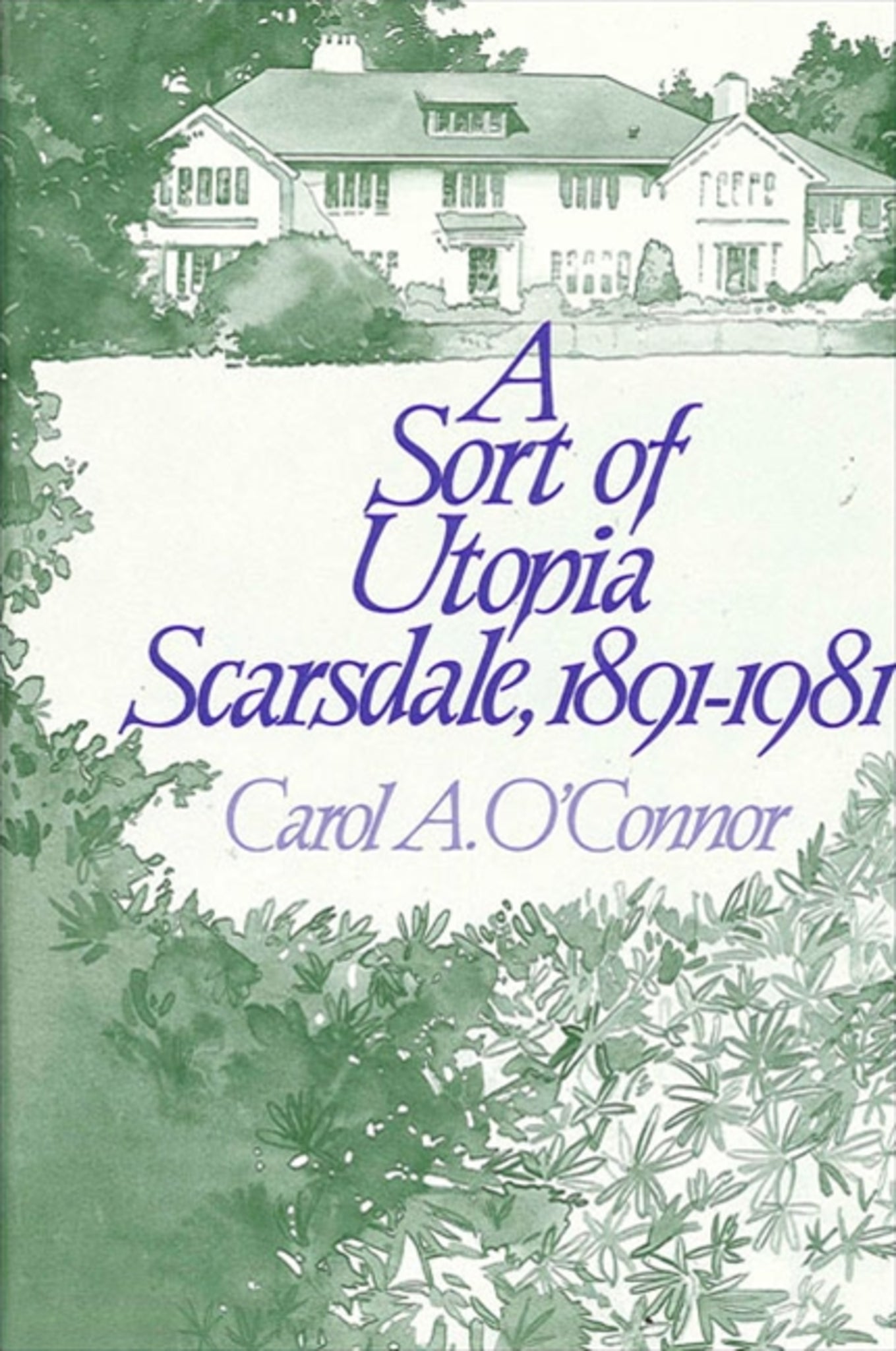We're sorry. An error has occurred
Please cancel or retry.
A Sort of Utopia

Some error occured while loading the Quick View. Please close the Quick View and try reloading the page.
Couldn't load pickup availability
- Format:
-
30 June 1983

Scarsdale, New York, is a small community with a large reputation. Long before it had gained general recognition as a source of fad diets and the presumed site of sensational murders, it was well-known in upper-middle-class circles for the rigor of its zoning, the excellence of its schools, the splendor of its houses, and the wealth of its residents. Indeed, Scarsdale is, what one observer has called, "a sort of utopia"-a capitalistic version of the ideal community.
In this clear and well-written study, Professor Carol O'Connor explains how Scarsdale came to be the classic rich suburb. Using a wide range of sources-from local newspapers, to village and school board records, to real estate deeds and census tracts-she shows how its residents have invested time, effort, and their own tax dollars in making Scarsdale a wealthy, attractive, convenient community. She also discusses the question of who rules in Scarsdale and examines one group, its domestic servants, who, at least in the past, have played an important but invisible role. Professor O'Connor analyzes the reaction of residents to national events, from their unquestioning nationalism in the First World War to the deep divisiveness of the Vietnam era. What emerges in these pages is not simply a chronicle of what occurred in Scarsdale, but an insightful perspective on many national trends of the twentieth century.


Preface
1. The Emergence of a Community Identity
2. Progressivism for the Upper-Middle Class
3. Resisting the Urban Tide
4. A Quality Education
5. Power and Powerlessness in a Nonpartisan Setting
6. The Press of National Events
7. Conservatism and Crisis
8. The Embarrassment of Riches
Epilogue
Appendix A
Appendix B: Abbreviations Used in the Notes
Notes
Bibliographic Note
Index



